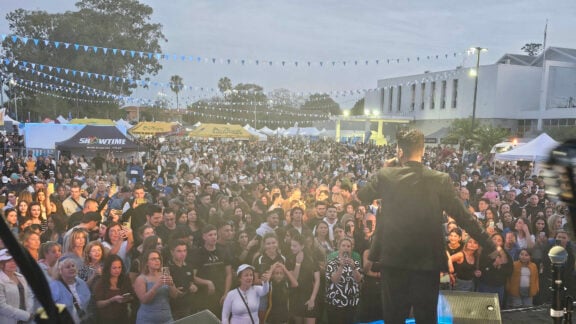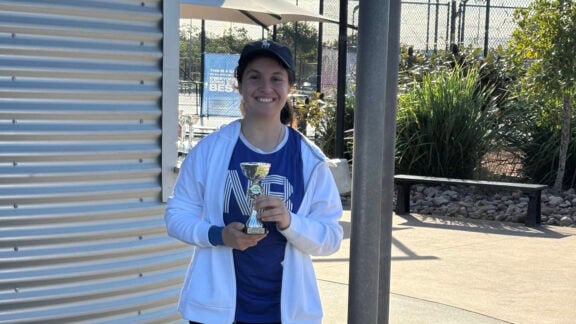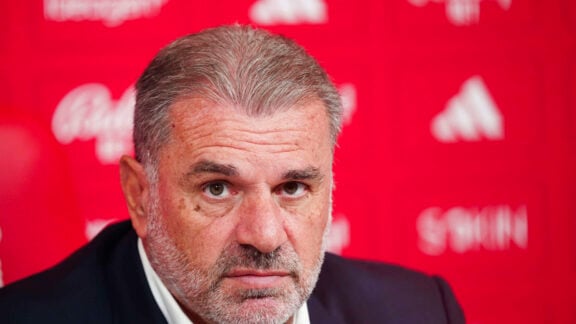The Victorian government’s vow to create a $200 million agriculture infrastructure fund to help farmers ‘from paddock to port’ is being questioned after Premier Daniel Andrews announced the initiative as part of the Port of Melbourne lease sale.
It’s all a long way from Epirus, and the farm near Ioannina where his father eked
out a living growing potatoes.
With the offer predicted to raise an estimated $6 billion from the winning bidder, who will gain a 50-year lease to operate the port, many farmers feel unconvinced by the fund’s scale.
Greece-born Dan Drougas, who has built up his 150-acre farm in South Gippsland into a thriving beef and lamb business, told Neos Kosmos the government’s proposal falls way short of what is needed to help farmers crack open new markets.
“They reckon $200m is a lot of money, but they’re going to get billions of dollars out of it, so $200m is chickenfeed,” says Mr Drougas.
“Governments are still thinking the old way, they should be thinking ahead, food is pretty important.”
Drougas, who runs his Farmer Dan sales outlet online and through half a dozen farmers markets, has seen his business quadruple its revenue since 2011, with hundreds of new customers wanting to buy his free range, grass-fed meat.
Farmer Dan believes successive state governments have neglected Victoria’s agricultural industry, particularly the small players,
“Australia is one of the least subsidised countries when it comes to agriculture, it’s out on its own. Every other developed country has some form of subsidy,” he says.
With 300 steers on prime land near Yarrum, Drougas has big plans to move into pork production and once again the investment for it – with little on offer in terms of government incentives – will come entirely from previous profits.
“We’ve seen there’s a market there for high-quality pork, particularly for Chinese buyers in Melbourne.
“They buy our product because of its high quality and the traditional British breeds we use, breeds that are not in favour with big producers.”
It’s all a long way from Epirus, and the farm near Ioannina where his father eked out a living growing potatoes.
“We come from a village called Christovitsa. My folks came out in 1963,” says Drougas, whose wife Cath and daughter Toula handle sales and administration.
In the time-honoured tradition it’s a real family affair; son-in-law Caidan helps run the farm and youngest son Nick pitches in on the weekly farmers markets.
With more than 500 registered customers, Drougas’ revenue is split 60-40 between market sales and orders through the website, with surpluses always being ploughed back into the business’ development.
“Our priority is to produce food sustainably,” says Dan. “We also want to become carbon neutral, but we don’t expect the government to help us in that area. We’re doing that off our own back.”
In the past 18 months new meat processing facilities costing upward of $100,000 have added to the farm’s capabilities for providing its bespoke free range products to a growing customer base hungry for more.
“We don’t supply supermarkets, it’s about niche markets, customers who are concerned about their food,” says Drougas, who believes domestic market trends – buyers increasingly willing to pay more for quality, hormone-free Australian meat – can be applied to international markets.
“We need to be a producer of food to the world for those niche markets. People are always prepared to pay more for good food even in tough times.”
The Andrews government’s agricultural fund is some way off, dependent on the successful sale of the port. With $200m on offer to a fund that will be open to farm businesses, industry and agribusiness organisations, as well as water authorities and local government, it sounds as if the butter will have to be spread very thinly.









